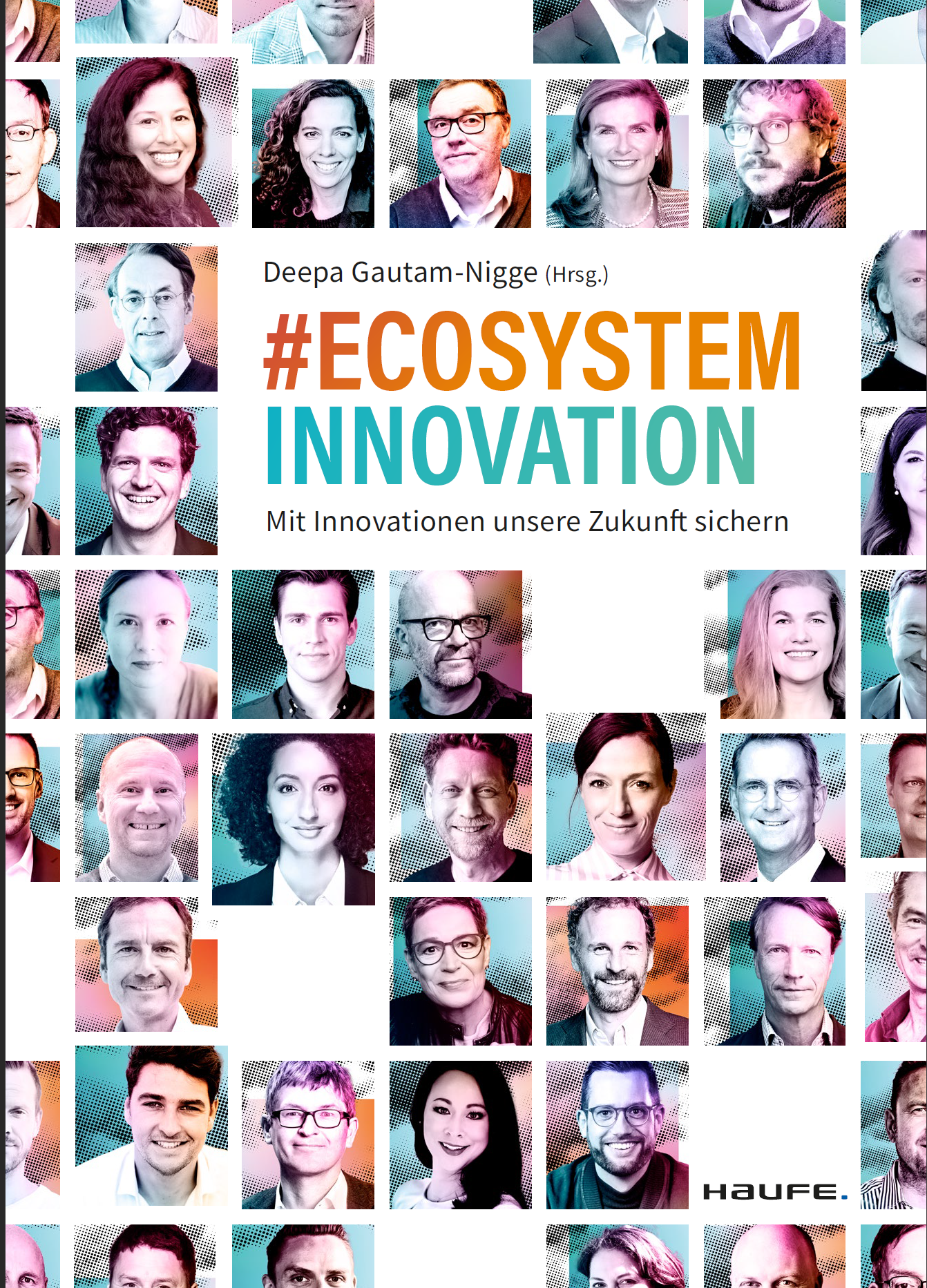Data-driven innovation strategy; the role of intellectual property
This blog is in the Top 25 M&A blogs worldwide according to Feedspot
In today's fast-paced digital landscape, data-driven innovation has become a cornerstone of success for organizations across various industries. As companies delve into harnessing the power of data to drive strategic decision-making and develop cutting-edge technologies, the role of intellectual property (IP) has become increasingly critical. This blog post aims to explore the intersection of data-driven innovation and intellectual property and how businesses can navigate this complex landscape.
The advent of big data analytics and machine learning has revolutionized the way businesses leverage data to gain insights and drive innovation. However, amidst this technological evolution, the protection and utilization of intellectual property have emerged as key factors determining the competitive advantage and long-term sustainability of innovative endeavors. Whether it's patents, trademarks, copyrights, or trade secrets, IP plays a pivotal role in safeguarding the innovative ideas and solutions that stem from data-driven initiatives.
One of the fundamental challenges that businesses face in the realm of data-driven innovation is striking the right balance between fostering open innovation and safeguarding their intellectual property. While collaboration and knowledge sharing are essential for driving innovation, organizations must also be vigilant in protecting their proprietary data and inventions. This delicate equilibrium calls for a comprehensive IP strategy that aligns with the overarching innovation objectives of the organization.
Moreover, the dynamic nature of data-driven innovation necessitates a forward-thinking approach to IP management. As the boundaries of traditional IP frameworks continue to be tested by the rapid pace of technological advancement, it is imperative for companies to embrace agile IP strategies that can adapt to the evolving landscape of data-driven innovation. This adaptability enables organizations to capitalize on emerging opportunities while mitigating the risks associated with IP infringement and unauthorized use of proprietary data.
In conclusion, the symbiotic relationship between data-driven innovation and intellectual property underscores the need for businesses to proactively integrate a robust IP strategy into their innovation initiatives. By recognizing the pivotal role of IP in safeguarding their data-driven innovations, organizations can not only enhance their competitive position but also foster a culture of sustainable innovation. As the data-driven landscape continues to evolve, a proactive and agile approach to intellectual property will undoubtedly be a compelling differentiator for forward-thinking businesses.
Like my thoughts? READ MY NEW BOOK
ORDER AT AMAZON
ORDER IN GERMANY









